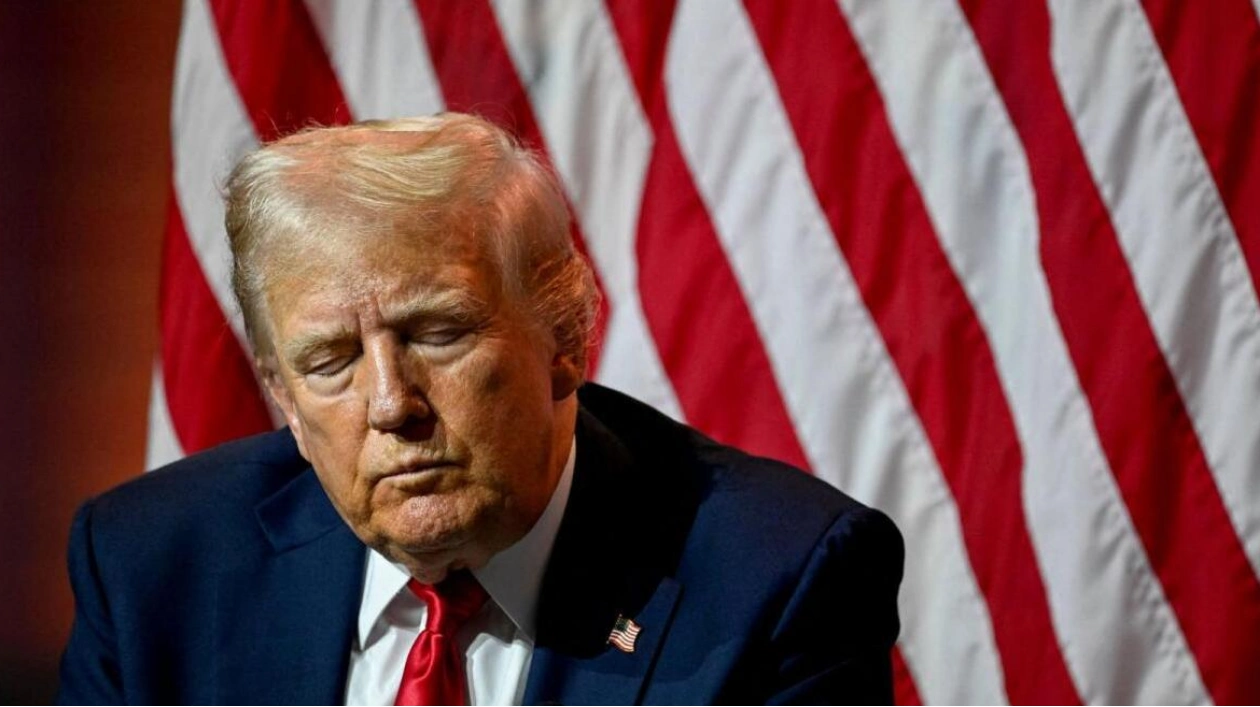A New York state appeals court on Thursday dismissed Donald Trump's attempt to overturn a gag order in his hush money criminal case, where the former US president was found guilty in May on charges related to hush money paid to a porn star. The decision by the Appellate Division in Manhattan restricts the Republican presidential nominee from making public comments about individual prosecutors and others involved in the case until Justice Juan Merchan sentences him on September 18, just seven weeks before the November 5 election. Trump's legal team did not immediately provide a comment on this matter. They have previously contended that the gag order infringed upon Trump's constitutional right to free speech as protected by the First Amendment. A spokesperson for Manhattan District Attorney Alvin Bragg's office, which handled Trump's prosecution, chose not to comment. Merchan implemented the gag order a few weeks prior to the trial's commencement on April 22, citing Trump's history of issuing threatening statements as a potential disruption to the proceedings. The initial order barred Trump from commenting on prosecutors, court personnel, witnesses, and jurors. A separate order preventing the identification of anonymous jurors is still in force. Merchan removed the restrictions on witnesses and jurors after Trump's conviction on May 30. The Appellate Division, a mid-level appeals court, noted that the threats received by Bragg's staff post-verdict continue to present a "significant and immediate" threat. "Justice Merchan did not exceed his jurisdiction by maintaining the narrowly tailored protections," the five-judge panel stated. The appeals court confirmed Merchan's original gag order in May, emphasizing the necessity to shield individuals from "threats, intimidation, harassment, and harm," and dismissing Trump's First Amendment claim. The order allows Trump to discuss Bragg and Merchan freely. Jurors convicted Trump on 34 felony counts of falsifying business records, linked to the concealment of his former personal lawyer and fixer Michael Cohen's $130,000 payment to adult film actress Stormy Daniels. The payment was intended to secure Daniels' silence prior to the 2016 election regarding a sexual encounter she alleges she had with Trump a decade earlier, which Trump denies. Trump secured the presidency by defeating Democrat Hillary Clinton. This criminal trial marked the first of its kind for a US president. Trump faces a maximum of four years in prison and may also be fined. Incarceration is uncommon for individuals convicted in New York for falsifying business records, particularly for those like Trump without prior criminal records. Trump has pledged to appeal his conviction following his sentencing.

Text: Lara Palmer
01.08.2024
Trump's Challenge to Gag Order Rejected; Restrictions on Public Comments Until Sentencing





